Helpful Reading Comprehension Strategies for the Struggling Reader You Need to Know
*This post contains affiliate links. If you make a purchase through my link I will receive a small commission at no cost to you. Read my full disclosure policy here.
My momma heart smiled as my son brought down another thick chapter book he had read. He was now a full book ahead of his older sister in the series they were reading.
In true sibling fashion he began his boast. “I read that book way faster than you!”
“I may be slower, but at least I understand what I read!” she retorted.
My ears pricked at the rather odd comeback.
When my son taught himself to read at age four I gave myself a nice pat on the back and went on my merry way. Imagine my utter shock realizing he wasn’t understanding the books he was reading. It hardly mattered that he could read a complicated sentence without so much as a stutter if he didn’t know what it meant afterward.
My heart sunk to think of all those good books he had read, but probably didn’t understand. But mostly, at how I didn’t even notice.
I quickly went to work to identify solutions to help him better retain what he was reading. Here are the five most helpful reading comprehension strategies I used.

The Five Finger Rule
I quickly noticed that we had mistaken his ability to pronounce and spell words for understanding what they meant. He was so excited to read the same chapter books as his siblings that he was skipping over all the words he didn’t know. And in some cases, that turned out to be enough words to affect his understanding.
So we enacted the Five Finger Rule.

The five finger rule applies to vocabulary found in the text. Sometimes your child will be able to deduce the definition based on surrounding words or context. However, too many unknown words will affect understanding.
Therefore, a good gauge is to have your child use their fingers to count the number of unknown words on a random page prior to reading. Ideally, you want to aim for about three fingers if they are reading on their own; four if you are reading to them. Five fingers is too difficult a book and should be put away for a later time.
Tip: When your child is reading and they come across a word they do not know, just give them the definition. You do not need to make them go look it up. There is a time for studying vocabulary, but it is not while actively reading.
Increase Your Child’s Vocabulary, Increase Their Comprehension
Improving your child’s vocabulary will also improve their reading comprehension level. For grades four and up I like Vocabulary from Classical Roots.

For lower grades, reading aloud to them is really the best way to build vocabulary. As you come across unfamiliar words, brainstorm with your child to derive the meaning or simply look up the definition.
Using Narration to Improve Reading Comprehension
Narration is the act of repeating or re-telling what one has learned. The simple act of telling back will help them remember and learn more than if they just read or listened to the text. The effort of putting it into your own words clarifies your thoughts.
When you are first starting out, start small. Ask them to narrate a paragraph and then work up to longer passages.
In the beginning, they may only state the facts of what they read. This is okay. With more practice, and as they become accustomed to narrating, they will start to make connections and will give more background information.
It was actually when we started doing narration that I realized my son’s problem. He was unable to recount to me a passage he had just read. As we incorporated narration into our homeschool, his ability to recall details improved.

Ideas for Narration
Narration doesn’t need to be confined simply to your child’s reading passages. Incorporating it into other aspects of their life will help them improve their narration and comprehension skills as well.
Ask Your Child to Narrate a:
- Book you read to them
- Audio book
- Movie
- Field trip
- Their day
- Task they do
For more narration ideas or to get a better understanding, check out this article.
How to Use a Key Word Outline to Help with Reading Comprehension
Outlining is a technique similar to narration. It is more common to use with writing, but it can be a helpful recall tool as well.
Using bullet form, children will select three keywords from each sentence to write down to help jog their memory. You do not want to use more than three. At the end of a paragraph, they will use the outline to retell what they just read in their own words.
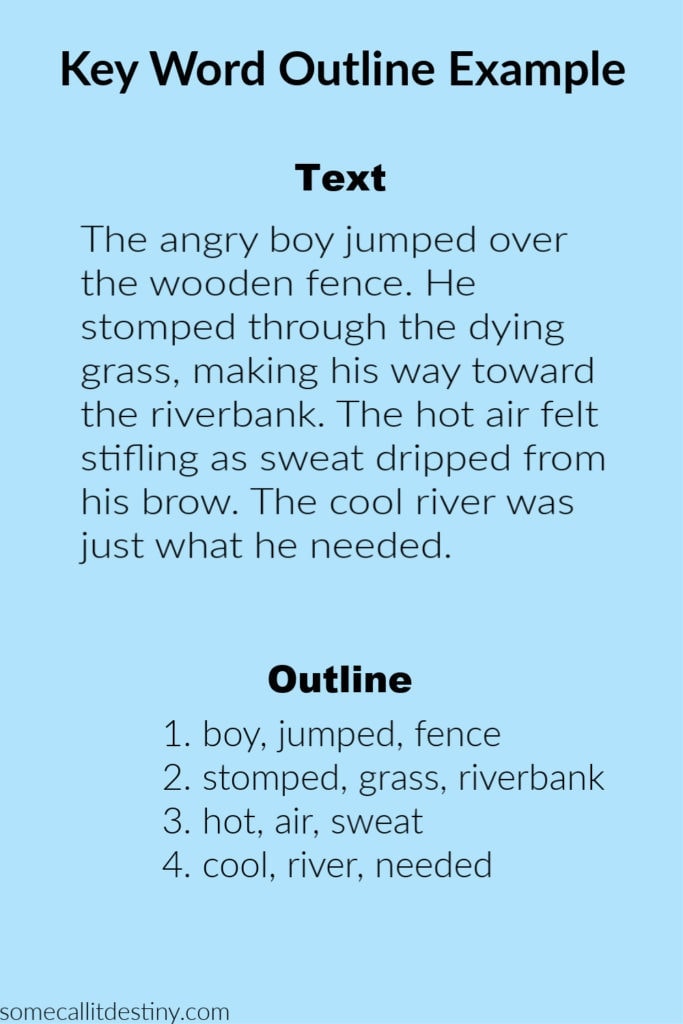
This practice will keep them actively engaged while they read. It will also improve their ability to pick out the important parts of a story.
This process takes more time and makes reading slower. I would only use it as practice for short readings. Or if they are having a difficult time recalling a specific section, you could have them use an outline to jog their memory.
Key word outlines are also great if they need to write a book report on the material read.
Audio Books are Another Reading Comprehension Strategy
If your child is an audio learner, audio books can be a valuable asset in improving reading comprehension. Even if your child is not, listening to audio books can be beneficial.
Being able to hear the different tone and inflections in a story create better images that in turn bring higher retention.

The best use of audio books would be listening while following along with the actual story. This way they also get to see the words and will be able to recognize and correctly pronounce them when they happen upon them another time. Doing this also engages both visual and auditory learning.
Amazon Audibles is a good place to look for audio books. We enjoy audio books like this one here or here.
Slow Down and Keep Reading
This last one may seen rather obvious, but I’m going to point it out anyway.
Sometimes children want to quickly get through a book. They may not even notice that they haven’t taken the time to process what they are reading. Perhaps, they are just excited to be reading. Or they are not excited and just want to be done so they rush through it.
My son’s biggest problem was that he would read through too fast. He could finish a book quickly, but he wasn’t actually taking the time to absorb what he was reading. For him, he just wanted to beat his older sister and show he could read through the same book she was is less time.
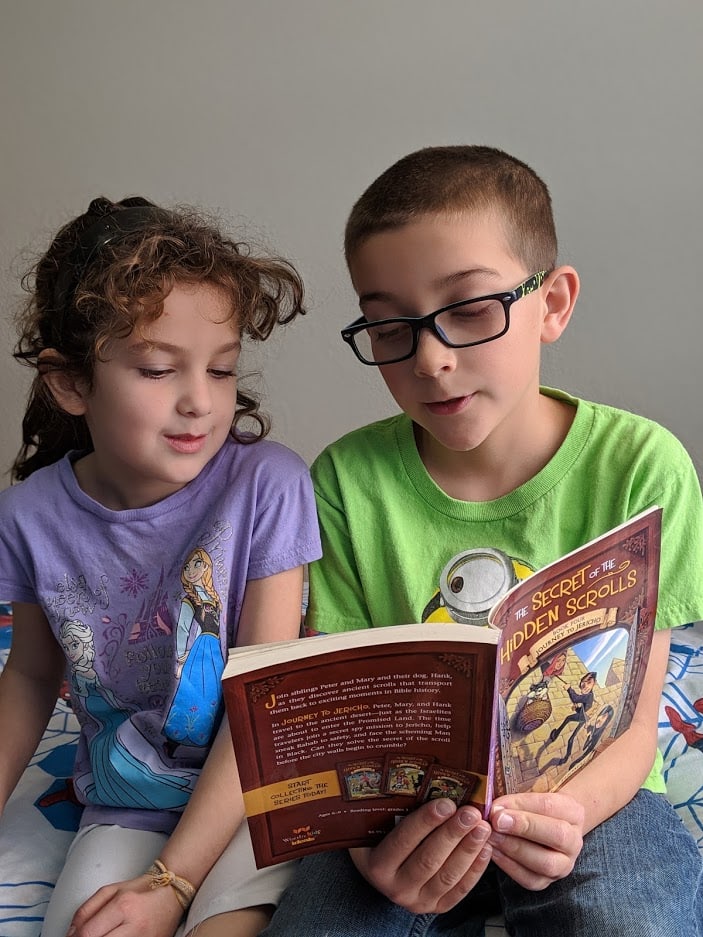
Implementing key word outlines or audio books for a child who rushes through the story will help them go at a more appropriate speed for understanding. As will having them read it out loud.
I’m not going to promise your child will love these. In fact, my son was rather irritated when I would make him re-read a passage or use an outline, but they did help.
Most importantly, keep them reading. Just like any other muscle or skill, the more you use it, the better you become. Continue using the strategies listed and talking with your child about what they read.
Do not get discouraged if progress is slow. Progress, even slow, is still progress.
Did you know that Schoolhouse Teachers has a Literacy Center with help for struggling readers?

This post was featured on the Homeschool Collection.



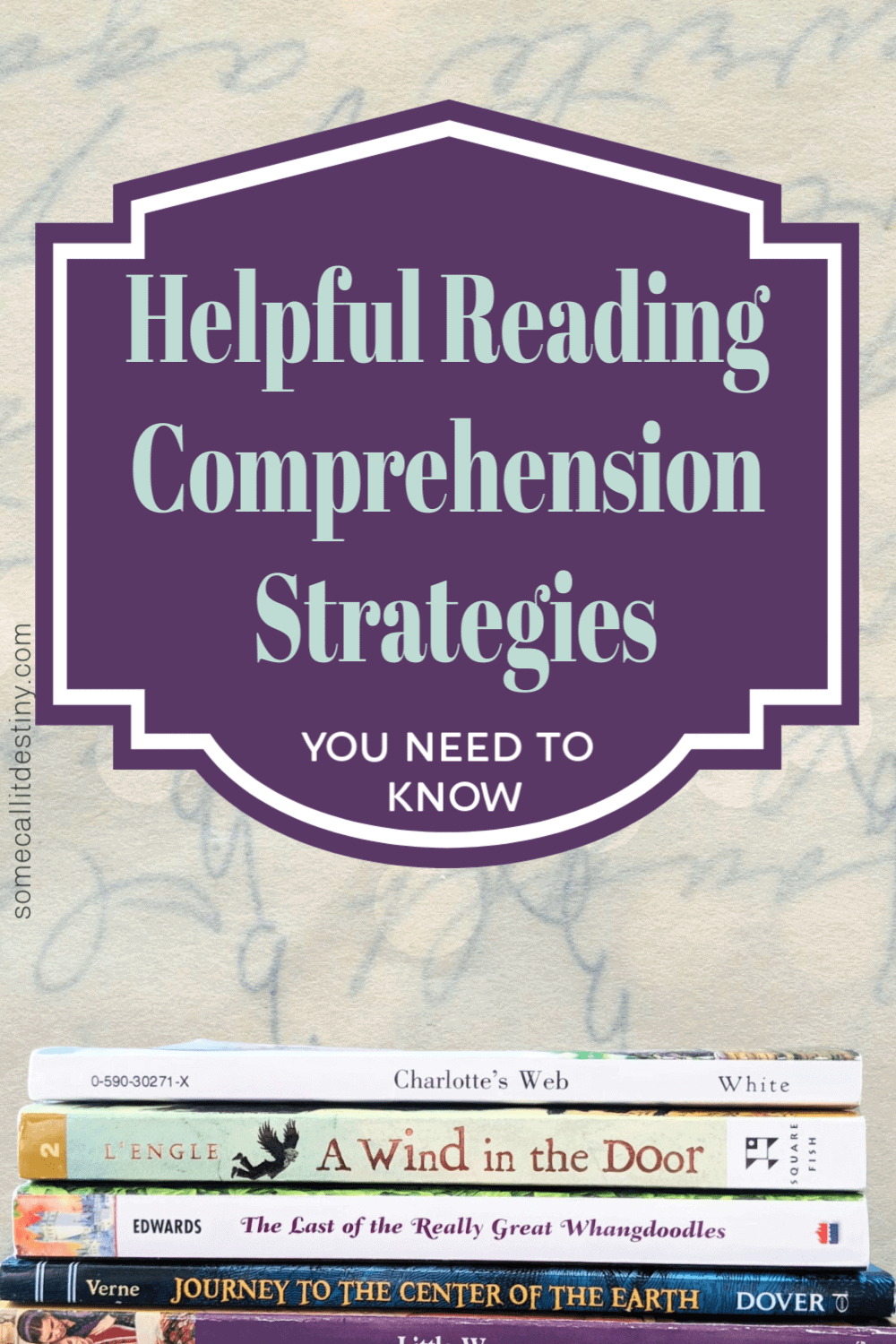
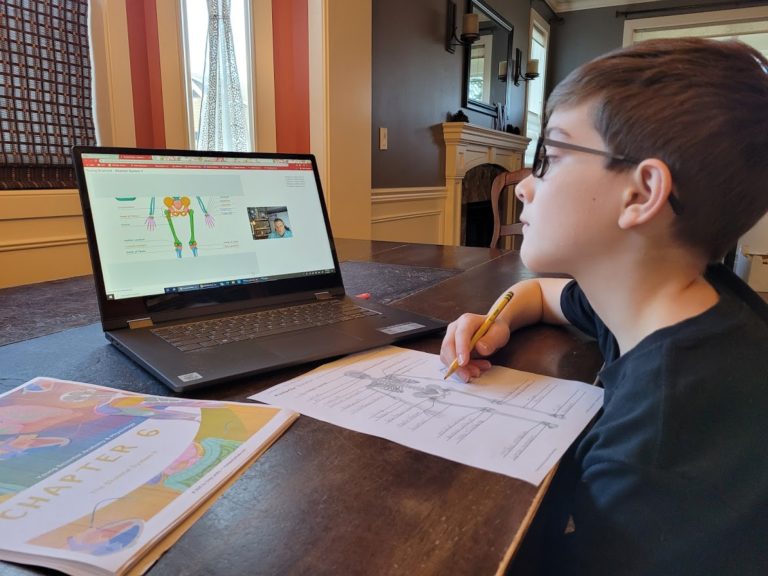
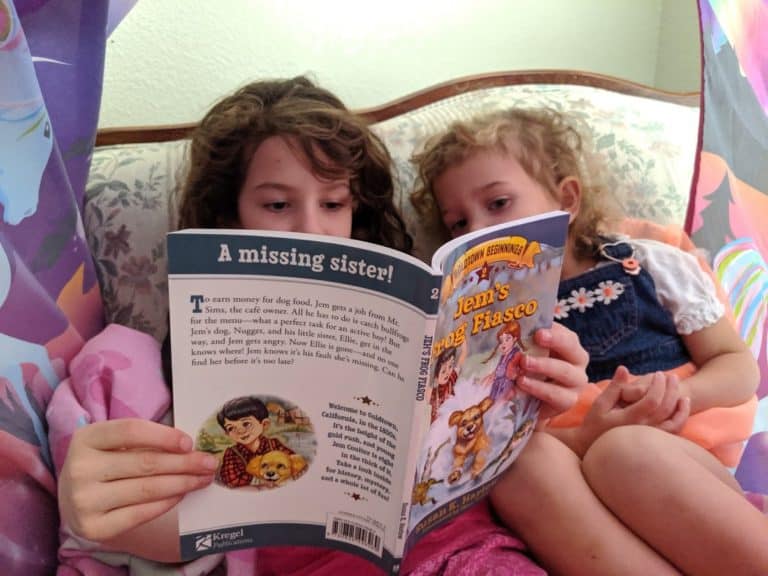

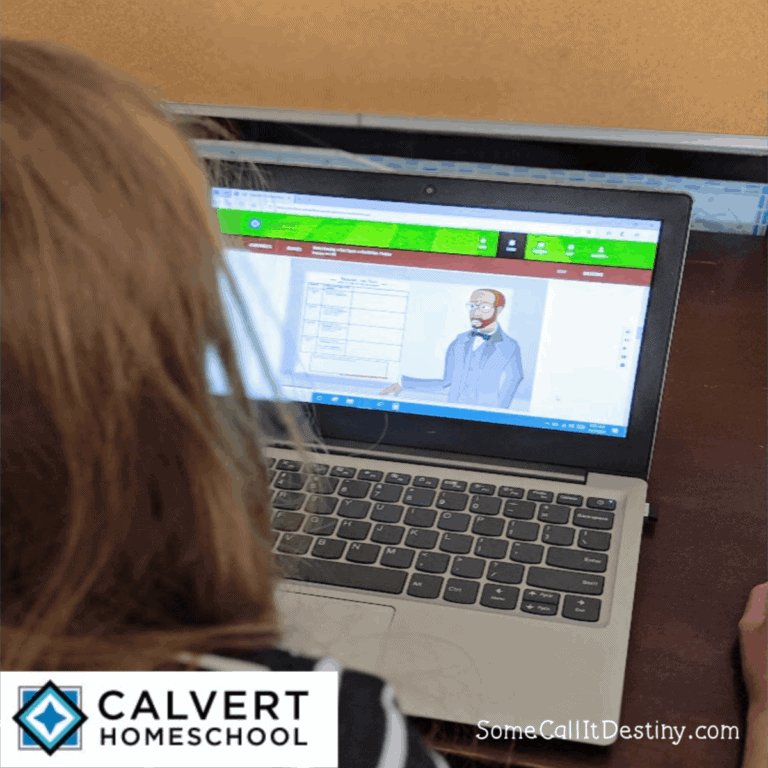

I would sometimes ask my lad what he thought the world might mean, and then give him the right definition if he was off base. It’s helped him in his reading now to figure out what a word means.
great practical suggestions! And I completely agree that the time to go look up a word is not right in the middle of reading. When my students were learning, I did as you suggest – give a brief definition or synonym when they asked – and also had them highlight or note the word to look up later.
We love narration and audio books, but need to work on outlines.